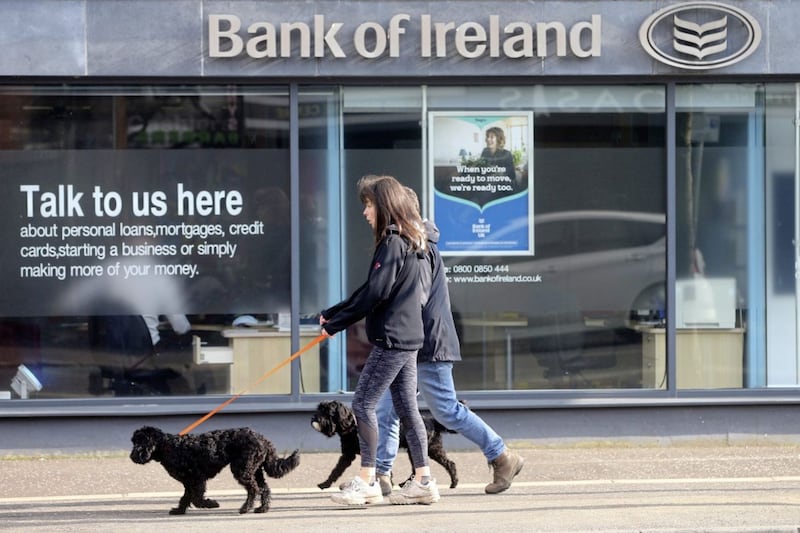A NEW publicly owned body with a mandate to provide basic banking services should be created to help preserve everyone's access to their money as the UK's digital economy grows, according to a progressive think tank.
The Institute for Public Policy Research (IPPR) suggested that to help combat bank branch closures, a Post Bank which provides basic banking services to all citizens should be created.
It would operate via the existing Post Office network and help ensure the future viability of the Post Office, the IPPR suggested.
The Post Office already has an agreement with many banks to provide access to basic banking for their customers - although there has been controversy over banks' commitment to this.
In October, Barclays reversed a previous decision to axe cash withdrawals from Post Office branches after a backlash from MPs and consumer campaigners.
The bank previously announced that customers would no longer be able to make over-the-counter cash withdrawals using their debit cards from Post Office branches from January 8 this year.
But following the outcry, the bank said it would commit to "full participation" in the Post Office's banking framework.
As the digital economy grows, the IPPR also said big digital firms should be compelled to share their data if they enter the personal finance market - to prevent market domination and promote innovation.
It also called for anonymised personal banking and financial service data to be held in a new 'Digital Britain' public data trust, arguing this will strengthen competition, promote innovation and "prevent monopolistic tech giants dominating the market".
While in 2008 some 60 per cent of consumer payments were made in cash, this had fallen to 28 per cent in 2018.
The IPPR report pointed to forecasts suggesting that by 2028 less than one in 10 payments will be made in cash.
It said new targets and investment should also be put in place to protect cash access for those who rely on it and to narrow the "digital divide" across the UK.
Rachel Statham, IPPR economic analyst and lead report author, said: "The move away from cash should only happen as fast as people are ready for, and the benefits of doing so should be shared."
Carys Roberts, head of the IPPR's Centre for Economic Justice and the think tank's chief economist, said: "There are opportunities within reach as the UK economy shifts away from cash and towards digital payments - from productivity increases to preventing fraud and financial crime.
"But there's also a danger that the shift to digital, if not proactively shaped, will work for some and leave many behind."







